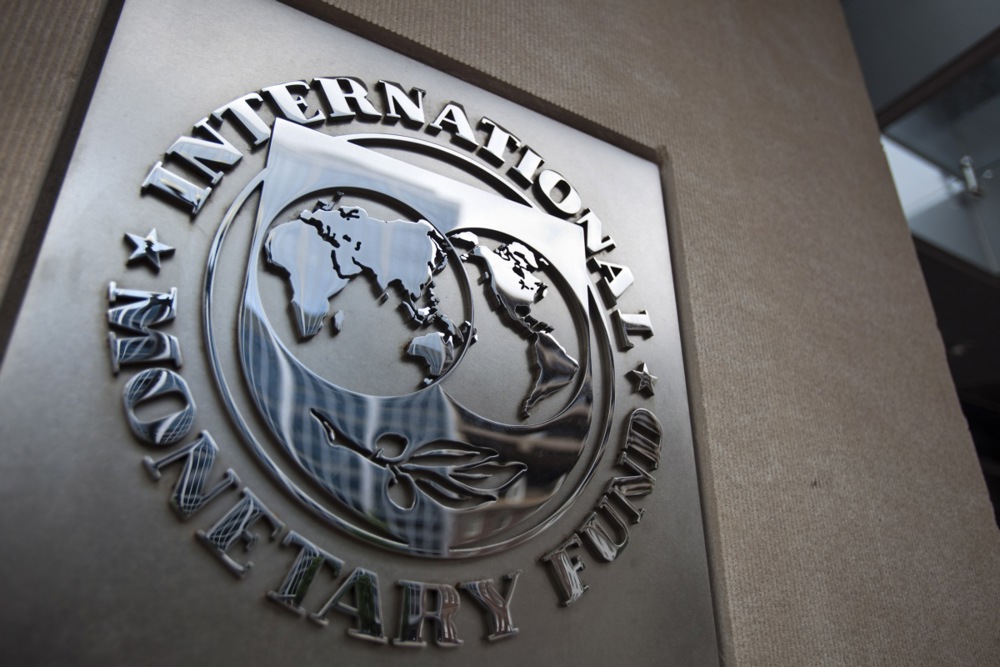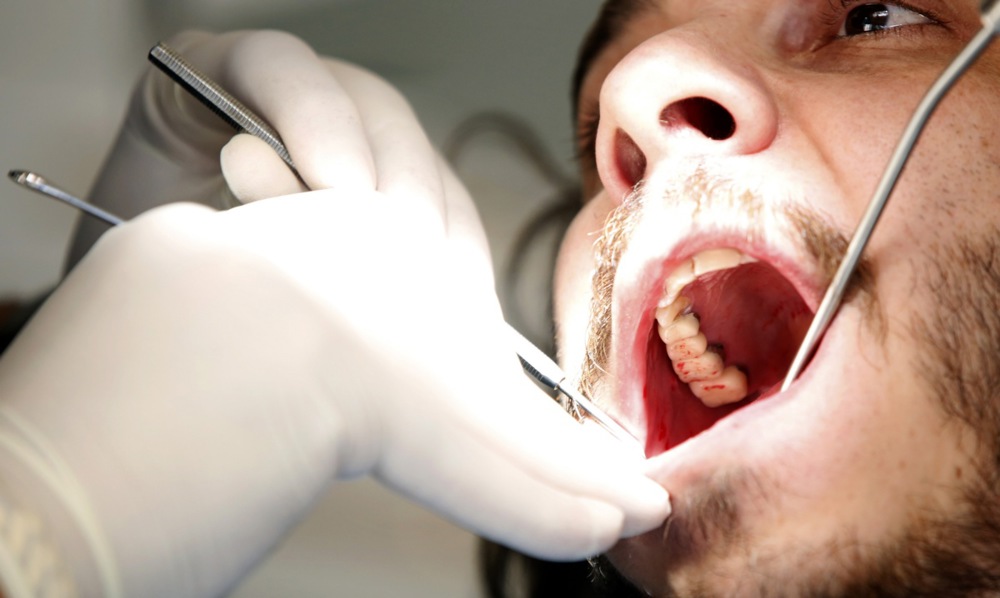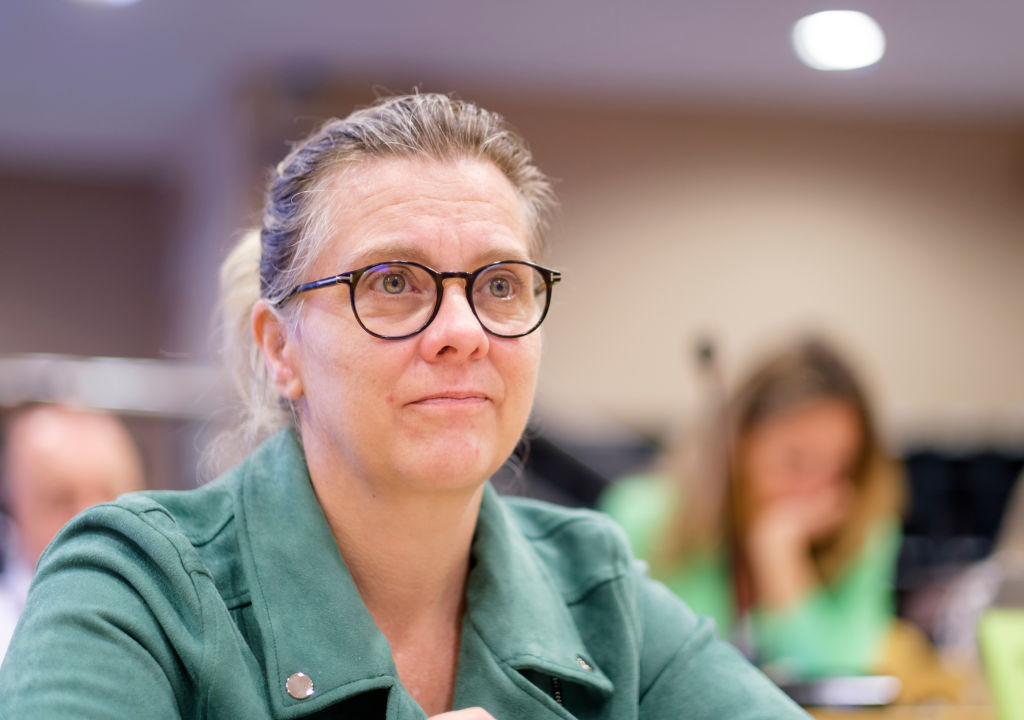The latest results from the Programme for International Student Assessment (PISA), one of the most prominent student-ranking organisations in the world, are causing headaches across Europe.
In the just-released results for 2022, the biggest update since 2018, in most European countries, 15-year-old school pupils’ scholastic performance in mathematics, science and reading has gone backwards.
The 38 member-country Organisation for Economic Co-operation and Development (OECD), which commissions the triennial PISA report, noted “an unprecedented decline in student performance” since the first PISA rankings in 2000. In total, more than 80 countries participated in the latest PISA initiative.
In maths, the main area of study for the 2022 rankings, OECD countries recorded an average drop of 15 points from PISA 2018, almost four points worse than the previous biggest decline.
Just a few have seen improvements in their long-term educational performance, with Portugal, Italy and Ireland among Europe’s best.
Internationally speaking, Asian countries are again top of the list and have increased their lead, in particular Singapore, Taiwan and Japan.
Many European Union countries have seen a steep decline over the past two decades. France, Germany, Greece, the Netherlands and Belgium did badly again.
Germany has scores worse than ever in the international PISA rankings for education, dropping 25 points since 2018 to OECD average pic.twitter.com/9rZ3cyPzM3
— James Jackson (@derJamesJackson) December 5, 2023
In Flanders, the Dutch-speaking part of Belgium, things are turning particularly sour. Current pupils are already a full year behind in maths and reading compared to their counterparts from four years ago.
Germany has also hit the lowest overall performance since the OECD started the PISA measuring programme.
Many young people in Germany are now projected to have difficulties managing effectively in later daily life and at work.
In mathematics, just under one in three pupils are underperforming, in reading about one in four and in natural sciences more than one in five.
At the same time, top performers in Germany are also becoming rarer: in maths and reading, the number of outstanding achievements has shrunk significantly.
Pretty much the same can be said about France, now a very mediocre OECD-member on educational matters.
Despite its economic and cultural weight, it only ranks 26th in both maths and scientific literacy and 29th in reading comprehension.
In maths, French students lost 21 points on the previous results, an “unprecedented drop”, the PISA report noted.
Greece saw, on average, 15-year-olds score significantly lower in reading, maths and science compared to other OECD countries.
Some 53 per cent of students attained at least Level 2 proficiency in mathematics, compared to the OECD average of 69 per cent. Two per cent of students in Greece were top performers in mathematics, more than four times lower than the OECD average.
Dutch education is also problematic. A third of its 15-year-olds do not achieve required reading proficiency and they are at risk of leaving education as low-literate, according to PISA.
Finland, previously a lead performer, is also in steep decline. Once at the top of the rankings, it has now recorded its sharpest fall ever.
According to the OECD, this can be explained by “the greater diversity in the Finnish population today, an incipient shortage of teachers and a large gap between boys and girls, to the advantage of the latter”.
Teacher shortages are a recurring explanation for declining standards in many countries.
France, for instance, now has 67 per cent of students at schools that need more teachers.
Conversely, countries that invested in adding people into the educational workforce and providing extra guidance, such as Estonia and Ireland, did much better.
Greater social diversity, a consequence of mass migration, is also cited by some as a reason for the apparent deterioration across the board.
For example, while Germany already had a bad report in the early 2000s, then referred to as the “PISA shock”, it worked to improve its education. More recently, the country has seen a significant influx of students with a migrant background and some say that has impinged on children’s education.
In 2012, 13 per cent of students had a foreign pedigree. In 2022, that number climbed to 26 per cent. Almost one in 10 students today were born abroad, often putting them at a disadvantage when entering the German education system.
Another reason given for the poor performances is the COVID pandemic and the accompanying closing of schools during the resulting lockdowns, which it is acknowledged caused significant harm to students’ education.
PISA has been assessing 15-year-olds in maths, reading and science since 2000.
The German PISA results are nothing short of a disaster. pic.twitter.com/mqmKPCTiYP
— Christian Odendahl (@COdendahl) December 5, 2023





